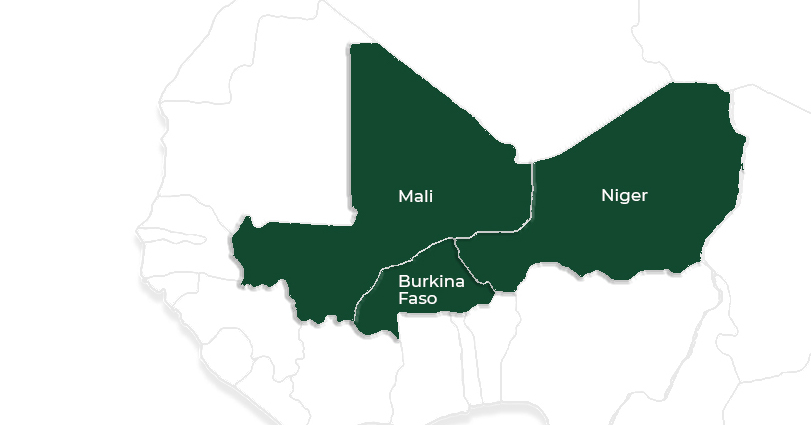(3 Minutes Read)
The three AES countries- Burkina Faso, Mali, and Niger – alone represent 75% of the WAEMU’s landmass and 50% of its population, a significant critical mass.
The latest talk in Africa, particularly among West African Economic and Monetary Union (WAEMU)countries, is: when the Alliance of Sahel States (AES) countries are going to launch their currency. Many feel it is too early to do so, while others feel confident that a common currency is well on its way.
The three AES countries- Burkina Faso, Mali, and Niger – alone represent 75% of the WAEMU’s landmass and 50% of its population, a significant critical mass. But having a common currency and detachment from the present arrangement under CFA will not be enough. Economic policy foundations must be redefined: harmonising taxation and budgets, and correcting chronically negative trade balances, should be the priorities.
Undeniably, the Alliance of Sahel States is forging its path not through isolation, but through accelerated economic integration and greater control over its development levers. The success of this strategy could redefine the regional economic balance, provided that ambitions are matched by means.
The AES emerged amid a broader geopolitical repositioning: the three member states voiced their disagreement with certain ECOWAS policies, particularly regarding sanction mechanisms and what they considered excessive pressure.
Since their withdrawal in January 2024, the Alliance has taken concrete steps to accelerate integration. These include the elimination of mobile roaming fees between the three countries, the development of a joint passport, and, on the trade front, the implementation of a unified 0.5% customs duty on imports from non-member countries. These measures reflect a shared ambition to build a solid regional economic foundation.
The recent creation of the Confederal Bank for Investment and Development (BCID-AE) marks a significant turning point. With an initial capital of 500 billion CFA francs, the bank aims to finance critical infrastructure and support local industrialisation.
To succeed, however, the AES must overcome several challenges: securing the pledged capital, attracting strategic partners such as China, the BRICS, or African sovereign wealth funds, and establishing credible governance. This momentum could also reshape relations with international financial institutions.
Read Also:
https://trendsnafrica.com/landlocked-aes-countries-get-port-access-thanks-to-morocco/
Yet, several issues are staring the AES countries. Foremost is the political instability, followed by poor economic conditions and overall deficiencies stemming from authoritarian rule, which may block the region’s access to development funds.





